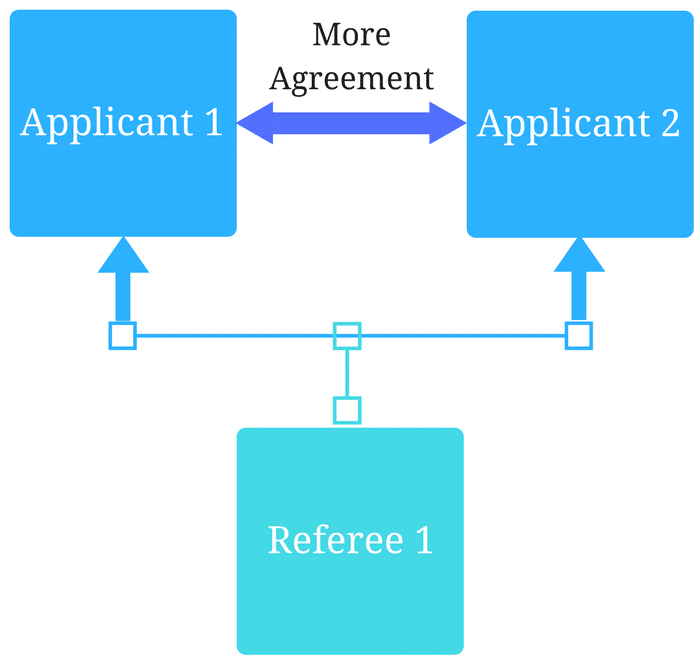The Essential Role of Curriculum Management in Health Professions Education

May 15, 2024
The health professions education landscape is continuously evolving, marked by shifting accreditation requirements, emerging educational methodologies, and dynamic societal needs.
Amidst these changes, the role of curriculum management remains steadfastly crucial. While recent shifts, such as the replacement of the AAMC Curriculum Inventory Reporting (CIR) Portal for medical schools with the SCOPE survey, may alter specific processes, the fundamental importance of curriculum management persists.
The recent transition away from the CIR Portal prompts reflection on the significance of curriculum mapping beyond mere compliance. While the CIR Portal upload facilitated data compilation, its removal does not diminish the indispensability of local curriculum maps.
Why is a curriculum map so critical?
Curriculum mapping, which is the first step in curriculum management, is critical – but it’s also important to acknowledge that crafting a curriculum map can feel overwhelming. It necessitates a clear and consistent delineation of the program’s learning objectives, fostering a collaborative effort among all stakeholders involved in the educational journey. The overarching aim is to guide students toward specific learning goals, ensuring a robust and enriching educational experience.
A comprehensive curriculum map should:
- Establish a logical progression of concepts and skills.
- Mitigate any potential gaps or redundancies within the educational framework.
- Incorporate assessment and evaluation strategies that align seamlessly with the curriculum content and learning objectives.
A curriculum map will support the program by:
- Facilitating more precise and meaningful assessments of student achievements.
- Identifying areas of excellence and those requiring further attention.
- Demonstrating the program’s unwavering dedication to delivering quality education and upholding external standards of accountability.
The role of curriculum management in accreditation
One of the primary reasons curriculum management remains indispensable is its role in accreditation. Accreditation bodies (such as LCME, AVMA, PAEA, ARC-PA, CODA and ACEN) mandate the documentation of curriculum structure and content. Beyond compliance, comprehensive curriculum mapping supports accreditation processes and informs quality improvement initiatives.
Curriculum management enhances the student learning experience
The necessity of curriculum management transcends accreditation, and should lead to meaningful enhancement of student learning experiences. A well-structured curriculum map provides students with clarity regarding their educational journey, fostering a deeper understanding of learning objectives and progression. By contextualizing learning experiences, curriculum maps empower students to navigate their educational pathways effectively.
Similarly, faculty members rely on curriculum maps to orchestrate cohesive educational experiences. In environments where multiple faculty members contribute to student learning, curriculum mapping facilitates collaboration and ensures alignment with educational goals. Faculty members can identify gaps, redundancies, and opportunities for enhancement, thereby optimizing teaching and learning processes.
Curriculum management supports continuous improvement
Curriculum management is indispensable for institutional effectiveness and continuous improvement, as well as curriculum reform. Curriculum maps serve as foundational tools for program evaluation, supporting data-informed decision-making and facilitating alignment with institutional objectives. From responding to inquiries to guiding curriculum development, a robust curriculum management system underpins various institutional functions.
Although the transition from the CIR Portal to the SCOPE survey may alter specific data collection mechanisms for medical schools, the core principles underlying curriculum management remain unchanged. Institutions must recognize the enduring importance of comprehensive curriculum mapping in fostering educational excellence and aligning with accreditation standards.
Key Takeaway
While recent developments may prompt a reevaluation of specific processes, the overarching importance of curriculum management in health professions education remains unwavering. By embracing a holistic approach to curriculum mapping, institutions can not only meet accreditation requirements but also enhance student learning experiences, support faculty endeavors, and foster institutional effectiveness. As stewards of educational excellence, institutions must continue to prioritize curriculum management as a cornerstone of their educational endeavors.
Related Articles

How interviews could be misleading your admissions...
Most schools consider the interview an important portion of their admissions process, hence a considerable…
Reference letters in academic admissions: useful o...
Because of the lack of innovation, there are often few opportunities to examine current legacy…
